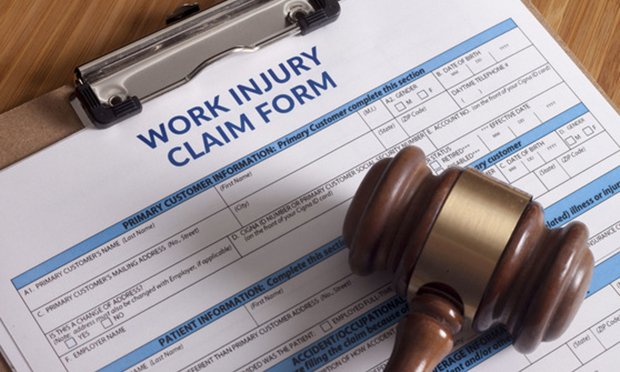 Under the Pennsylvania Workers' Compensation Act, an injured employee has 120 days from the date of the injury to inform the employer of the work-related injury; however, this period does not begin running "until the employe[e] knows, or by the exercise of reasonable diligence should know, of the existence of the injury and its possible relationship to his employment." (Credit: danielfela/Shutterstock.com)
Under the Pennsylvania Workers' Compensation Act, an injured employee has 120 days from the date of the injury to inform the employer of the work-related injury; however, this period does not begin running "until the employe[e] knows, or by the exercise of reasonable diligence should know, of the existence of the injury and its possible relationship to his employment." (Credit: danielfela/Shutterstock.com)
On July 14, 2019, Kelly Twaroski smacked his head on an overhead pipe while working as a chemical operator for BASF Corporation. The pain, according to Twaroski, "was more like a little bee sting," and he only experienced a slight tingling in his hands, which did not prevent him from completing his shift or the rest of that work week.
Recommended For You
Want to continue reading?
Become a Free PropertyCasualty360 Digital Reader
Your access to unlimited PropertyCasualty360 content isn’t changing.
Once you are an ALM digital member, you’ll receive:
- Breaking insurance news and analysis, on-site and via our newsletters and custom alerts
- Weekly Insurance Speak podcast featuring exclusive interviews with industry leaders
- Educational webcasts, white papers, and ebooks from industry thought leaders
- Critical converage of the employee benefits and financial advisory markets on our other ALM sites, BenefitsPRO and ThinkAdvisor
Already have an account? Sign In Now
© Touchpoint Markets, All Rights Reserved. Request academic re-use from www.copyright.com. All other uses, submit a request to [email protected]. For more inforrmation visit Asset & Logo Licensing.







